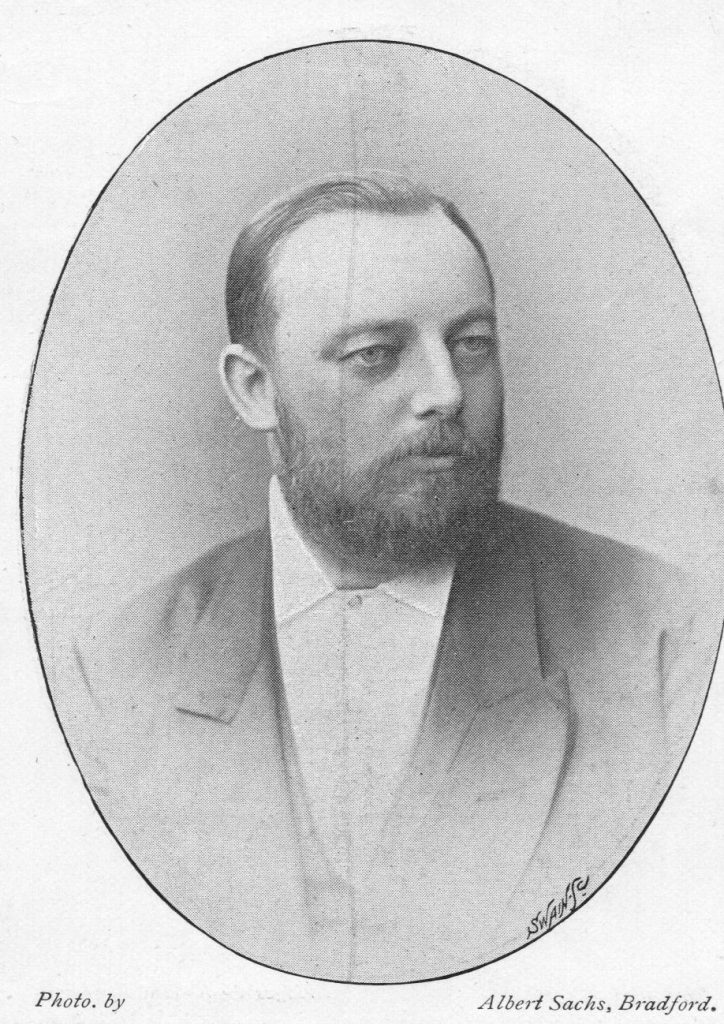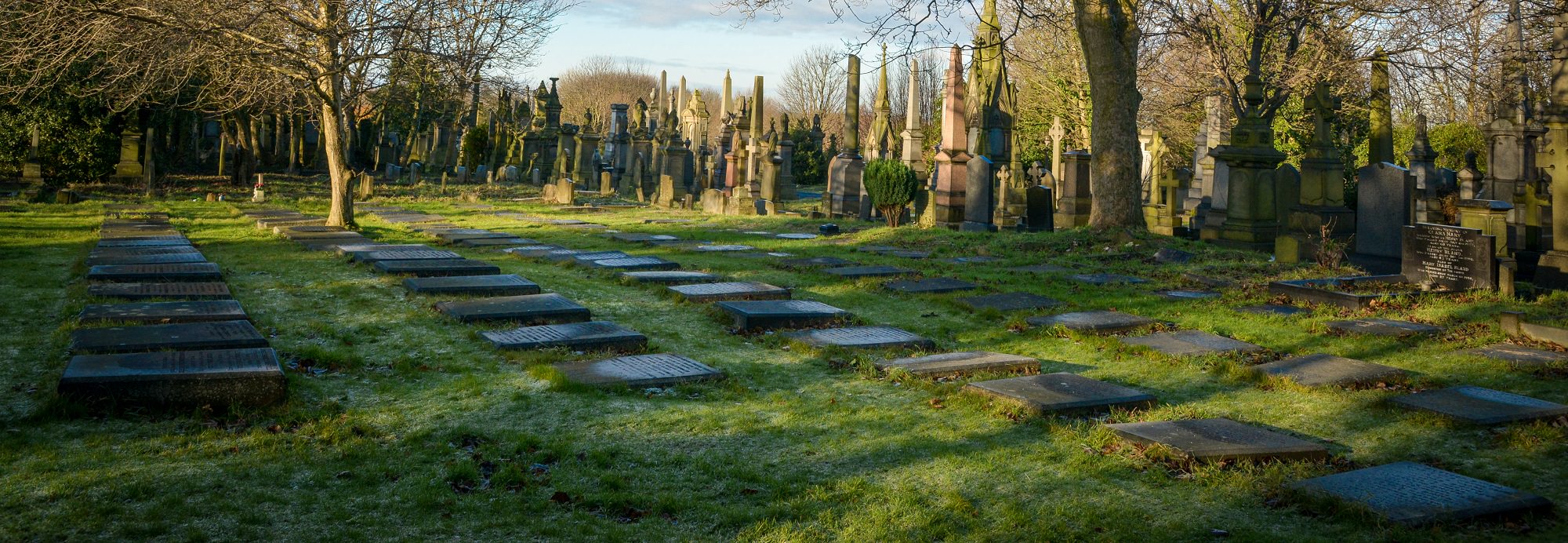Charles Widlake Skemp
Rev Charles Widlake Skemp.

Charles was born to Thomas and Mary Skemp on the 11th February 1845, at Charlton Kings, Cheltenham. At the time of his birth, he had one older sibling, William, born in 1842. His father, Thomas, according to the 1841 census was a minister and in 1851 the family had moved to Bilston, South East of Wolverhampton, and was minister at the Baptist Church on Wood Street and were living at 95 Dudley Street. Here Charles had been joined by two other siblings, John born in 1849 and Thomas in 1851. The area in which they lived was rural but has since been built up with modern housing and industrial estates.
Charles was sent to be educated at a Shireland Boarding School, Birmingham, which was for the sons of minsters. After completing his education, he had a brief business experience before entering Rawdon College to train for Baptist Ministry. Rawdon College was situated on Woodlands Drive, Rawdon, and was affiliated to Leeds University in 1904. In 1961, the college merged with the Manchester College and eventually in 1983 the building was converted into apartments.
By the completion of his training, Charles had moved to Rhyl, North Wales to begin is ministry, arriving in July 1869. Here the chapel was described as ‘pretty’ but there were hardly any congregation, except in the summer months when tourists would arrive. In the Autumn of that year, a unionist church was formed between the Baptist and Independents, and while at Rhyl, Charles married Agnes Bastard, at Great Torrington in Devon in 1870, which was her hometown, and they settled at ‘Rose Cottage’ Rhyl.
In July 1871, Charles took up the position of minister of the Baptist Church, Brierley Hill in Staffordshire. Here he worked tirelessly for four years ministering to the colliers and their families. It is while here that he assisted in the election of the first school Board at Brierley Hill, and within a year he has been offered the post of minister at Rye Hill, Newcastle-Upon- Tyne. For the next decade he was actively engaged in his work, evangelising, and ministering to the colliers and their families, just has he had done in Brierly Hall, and in 1879 he became moderator of the Northern Association of Baptist Churches. It is while here, that his three sons, Walter (1877), Charles (1878) and Gilbert (1881) were born.
Charles has always been sympathetic with the labouring classes and while he was at Newcastle, he addressed a large public meeting, along with Mr. Thomas Burt, M.P against the Admiralty instruction regards fugitive slaves. This in essence meant that he was supporting the rights of those slaves who, having escaped, should have the right to freedom, which at the time was contrary to admiralty orders.
When Charles came to Bradford in 1881 to take up his ministry, he resided at 21 Marlborough Rd, Manningham. When he arrived, there was one church worshipping in three chapels, – Westgate, Girlington and Leeds Rd. There was an idea that there should be three minsters, taking it in turns to preach at each of the chapels, but this idea did not take on.
As in his previous appointments, Charles worked tirelessly for his flock and in 1883 he helped to raise £1,350 to expand the chapel at Westgate, raise funds to purchase a new organ and helped to establish several associations such as the Band of Hope, Elder Scholars Society, and the Christian Endeavour Society. Services were conducted every Sunday at 10.30am, and 6.30pm, with a Men’s Class at 2.15pm, and service conducted on Wednesday’s at 7.30pm in the lecture hall, and a Sacrament Day the first Sunday of the month.
While in Bradford Charles was heavily involved in the Baptist movement and became a member of the Committee of the Baptist Missionary Society, The Baptist Union Society and the Yorkshire Baptist Association, and secretary of his old college at Rawdon. His involvement also included many secular institutions, becoming a board member of the old Infirmary, which was then located in Westgate and the Bradford School Board.
In 1890 he became President of the Yorkshire Association of Baptist Churches, and publish in the same year his pamphlet; Christian Convention: Is it for the deepening of spiritual life? Or is it for the propagation of a peculiar religious theory, unscriptural in its character, and evil in its effect. This was mainly a collection of his sermons.
Charles continued to live and minster in Bradford and by 1901 he was living at 12 Farcliffe Road, Manningham, with his wife and two youngest sons and a servant. However, in 1909 he is listed as being the minister at the Baptist Chapel in Eccles, Great Manchester and living at 16 Hawthorne Ave, Monton.
After a life of ministering, Charles by 1910, aged 65 is retired and living at Lower Houses, Gomersal. Here Charles remains until his death, on 18th July 1911, bequeathing to his widow Agnes, and eldest son, Walter, the sum of £161.10s. His widow Agnes survives him by almost 23 years, dying on the 7th January 1934 at Moravian-Villas, Gomersal, leaving their eldest son the sum of £196.4s.
Research by Andy Joyce 2021

